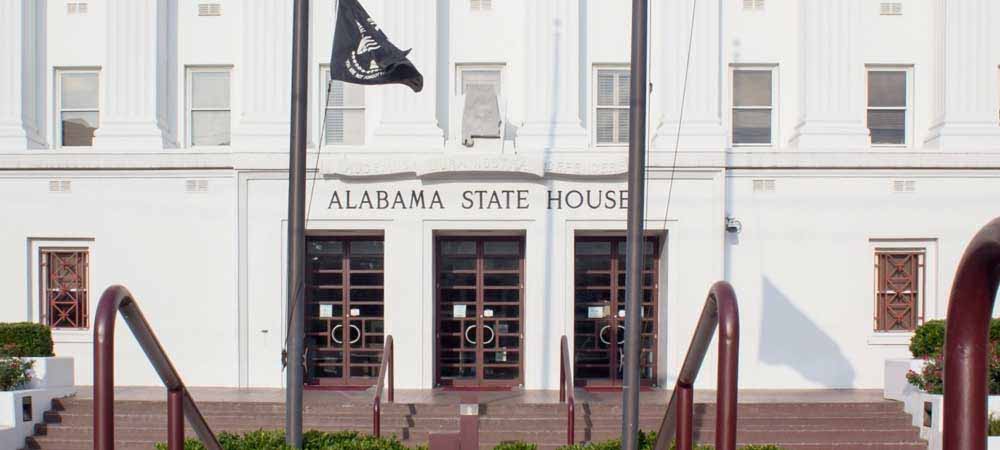- Alabama House endorses gambling while a Senate standoff threatens progress.
- The opposition is challenging revenue distribution and social repercussions.
- The fate of the Alabama gambling bill is uncertain amid internal and external pressures.
MONTGOMERY, Ala. - In a pivotal moment on Tuesday, the Alabama House of Representatives passed legislation endorsing casino gambling, sports wagering, and a state lottery. However, this comprehensive gaming package faces an uphill battle in the Alabama Senate, with uncertainties looming over its future, including voter approval.
While the Senate Tourism Committee acknowledged the House's approval, internal dynamics within the Senate reveal a significant legislative standoff, with some senators advocating for a vote solely on the lottery. The House resists substantial alterations, potentially jeopardizing the bill's progress and the chance for a public referendum.
External pressures from influential entities, including Alfa Insurance's political arm and the Alabama Policy Institute, further complicate the situation, forming a powerful coalition against the legislation. Even Governor Kay Ivey's vocal support for the gaming package is failing to sway some senators, highlighting the legislative impasse.
Senate Hold Up
Senator Greg Albritton suggests the Senate lacks the necessary 21 votes, necessitating careful negotiations and revisions to secure broader support. The proposed amendment's voting date undergoes a shift to a special election on September 10, distancing itself from the general election in November.
The fiscal outlook estimates substantial state revenue from various gambling avenues, potentially reaching up to $492 million from casinos, $379 million from the lottery, and $41 million from sports betting, allocating proceeds to the state General Fund until March 30, 2029. Senator Albritton outlined a revenue distribution plan, with one-third going to education, one-third to the General Fund, and one-third to roads and bridges.
Cities and counties hosting gambling facilities would also receive a share, with an additional percentage designated for addressing gambling addiction problems.
Opposition voices argue against potential gambling addiction and social repercussions, criticizing the legislation's favoritism toward specific counties and existing gambling operators.
While the legislation excludes electronic bingo and online gambling on casino games, it opens the door for negotiations with the Poarch Band of Creek Indians. If successful, the tribe could introduce full-scale casino games on tribal lands, transforming existing electronic bingo hubs.
Alabama's gambling legislation navigates a tumultuous journey, marked by political maneuvering, opposition coalitions, and internal disagreements. The proposed changes reflect a delicate balancing act to align with senators' preferences while addressing public sentiment. The fate of the Alabama gambling bill remains uncertain, teetering between potential transformation and the status quo.
